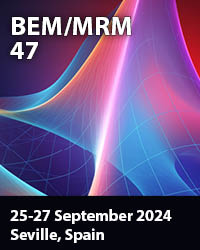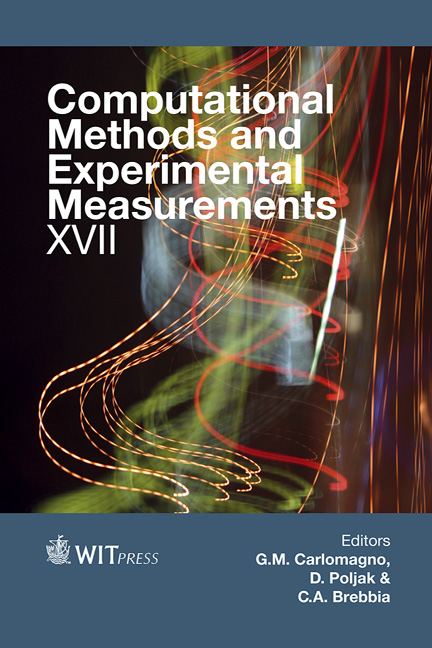Eutectic Na–Tl And Pb–Mg Alloys As Liquid-metal Coolants For Fast Nuclear Reactors
Price
Free (open access)
Transaction
Volume
59
Pages
11
Page Range
343 - 353
Published
2015
Size
1,067 kb
Paper DOI
10.2495/CMEM150311
Copyright
WIT Press
Author(s)
P. N. Alekseev, A. L. Shimkevich, I. Yu. Shimkevich
Abstract
The liquid-metal microstructure is a correct subdivision of Delaunay simplexes (triangular pyramids with atoms in their vertexes). Its dense part consists of almost regular tetrahedrons connected by faces in ramified clusters. Any metal additive (as a second component of alloy) can be outside of these tetrahedral clusters or into them as a constituent of dense liquid part. These structural states of liquid alloy convert to each other at its eutectic composition. Such the polymorphic conversion of the liquid-metal alloy is approved by molecular-dynamics simulating the Pb–K alloy and can be applied to any eutectic, for example, Na0.93Tl0.07 with the melting point of 64°C. At the sodium side of this point, a homogeneous solution of thallium is formed in liquid sodium which becomes the colloidal one with clusters, (Na6Tl)n, when it is passing the eutectic point. Such the modified sodium coolant enriched by the isotope, 205Tl, can appear attractive for inhibiting the chemical activity of this coolant maintained by oxygen-free technology. An alternative liquid-metal coolant for fast nuclear reactors is eutectic, Pb0.83Mg0.17, with the melting point of 248°C. This liquid alloy as a modified lead coolant maintained by the same oxygen-free technology can appear attractive for inhibiting the high corrosion activity of molten lead.
Keywords
liquid-metal eutectics, density fluctuations and tetrahedral clusters, sodium or lead solvent, thallium or magnum additive





